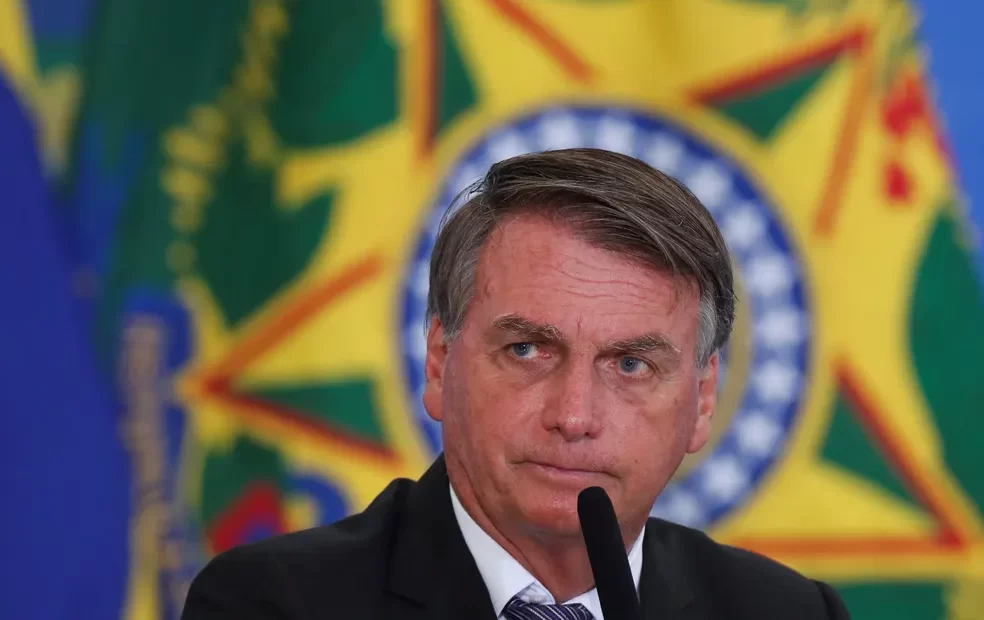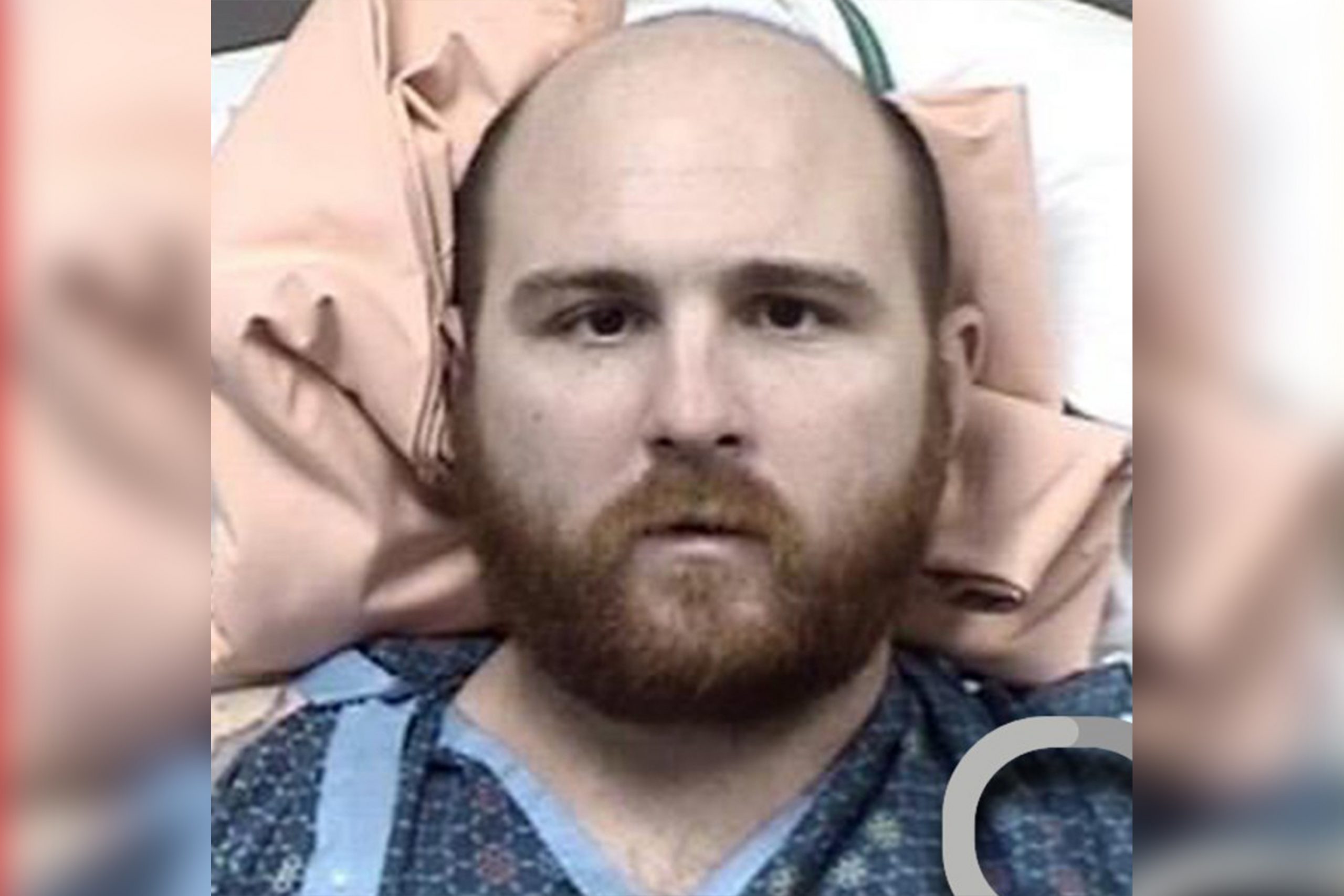Bolsonaro’s Extradition: The Current Situation

After coup acts in Brasilia, American congressmen suggested the extradition of the former Brazilian president, who has been in Florida since December. Experts see a chance that Bolsonaro will be forced to leave the US.
After the attacks by Bolsonarist extremists on the headquarters of the three Powers of the Republic last Sunday (8), speculation grew about a possible extradition request for former President Jair Bolsonaro, who traveled to the United States shortly before the end of his term, refusing to pass the sash to his successor, Luiz Inácio Lula da Silva.
Bolsonaro’s gesture was interpreted as an escape, since, with the end of his mandate, he lost the privileged forum – and there are several accusations against him that could culminate in a request for arrest, such as his connection with the spread of fake news and his possible interference in the command of the Federal Police.
On Sunday night, while the Planalto Palace, the National Congress and the headquarters of the Federal Supreme Court (STF) were vandalized by hundreds of Bolsonaro’s radical supporters, at least five American congressmen posted messages in their social networks in support of an eventual extradition of the former Brazilian representative, installed in Florida since the end of 2022.
“Bolsonaro cannot be granted refuge in Florida, where he has been hiding from responsibility for his crimes,” defended Democratic Representative Joaquín Castro on Sunday. In the same vein, her colleague Alexandria Ocasio-Cortez wrote: “We must stand in solidarity with Lula’s democratically elected government. The United States must stop granting Bolsonaro refuge in Florida.”
Experts consulted by DW Brasil believe that the chances of Bolsonaro being forced to return to Brazil through the back door exist – but an extradition process could be lengthy. Another possibility suggested is that the former president has his visa to remain in the United States revoked, forcing him to return to the country so as not to remain illegally.
Links With The Acts
For historian and political scientist Leonardo Trevisan, professor of international relations at the Escola Superior de Propaganda e Marketing (ESPM), to analyze the feasibility of an extradition process, it is necessary to look at whether both countries recognize the alleged crime in a similar way.
In this sense, the professor believes that the procedure would gain real contours if the former president’s link with the terrorists who support him and destroyed the headquarters of the Powers in Brasília were proven.
Trevisan cites, however, the case of former Peruvian president Alejandro Toledo, who fled to the United States in 2017 to avoid being arrested in his country, as an example of how long extradition processes can take.
Specialized in international law with a master’s degree from the University of Paris 1, lawyer Ana Flávia Velloso, partner at Advocacia Velloso, also believes that there are chances for Bolsonaro’s extradition request to occur soon.
“It is also essential for the requesting government to demonstrate, before the requested State, the presence of legal grounds and the need for the measure”, adds the lawyer. “I believe that the political environment in the United States is favorable, given the worldwide repercussion of events involving supporters of the former president [Bolsonaro]. The issue would, however, be decided by the American Judiciary.”
Velloso says that, in cases like this, “the outcome is usually somewhat unpredictable”.
Nature of Crime
For the expert, a request for extradition of the former Brazilian president could be made “based on the existing bilateral extradition treaty” between the two countries.
She explains that Bolsonaro’s defense will most likely try to be based on the argument that the possible crime has a political nature – thus justifying refuge on foreign soil.
On the other hand, emphasizes the lawyer, the Brazilian government “could argue that the treaty itself [signed between the countries] excludes from the qualification of political crime actions that aim at the ‘subversion of every political order'” – in this case, considering that the bond of Bolsonaro with Sunday’s vandals is confirmed.
Professor at FGV-Direito, jurist Carlos Ari Sundfeld explains that “the requested countries deny extradition for simple political crimes, but not for common crimes committed with political motivation”.
How Would The Procedure
Velloso clarifies that an extradition request can be made either through diplomatic channels or through central authorities, such as the Ministry of Justice or the Attorney General’s Office (PGR). For Trevisan, in the case in question, the most likely starting point is given by the Federal Supreme Court (STF). It is based on the fact that Minister Alexandre de Moraes was directly involved in the episode, by determining the removal of the governor of the Federal District, Ibaneis Rocha, and the emptying of Bolsonarist camps set up in the vicinity of barracks.
“Justice requests extradition from the Ministry of Justice”, explains Sundfeld. According to the decree-law that regulates extradition, from 1938, the request then, if judged valid, is forwarded to Itamaraty, which communicates it through diplomatic channels. In urgent cases, the request may also include a request for preventive detention, as provided for by law.
“Precedents suggest that a request for extradition, from the point of view of technical operation, can proceed without problems”, says Trevisan, recalling that it is a procedure that tends to occur with some frequency for criminals “who flee from one country to another”.
“The outcome is quite different, the decision of the American Justice to grant or not this extradition. “There are several cases, of politicians especially, in this situation in the United States”, he adds.
Visa Revocation And Even Deportation
For lawyer Renato Ribeiro de Almeida, a doctor from the University of São Paulo (USP), another possibility that should terrify the former president is that he be invited to leave American soil.
“What could actually happen to Bolsonaro is his expulsion from the United States, if the country understands that his stay is inconvenient”, says Almeida. “Since Bolsonaro is not a US citizen, he has no guaranteed right to stay in the country.”
If his visa is revoked by US authorities, he would be forced to leave the US. “In that case, if you didn’t leave on your own, you would run the risk of deportation, which consists of the compulsory return to the State of your nationality or origin”, he explains.
This article is originally published on g1.globo.com

















